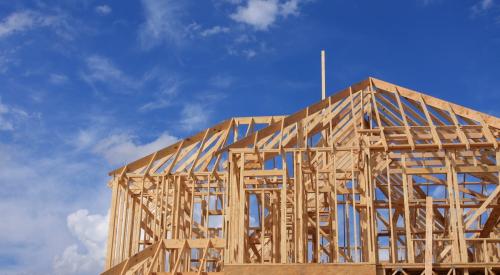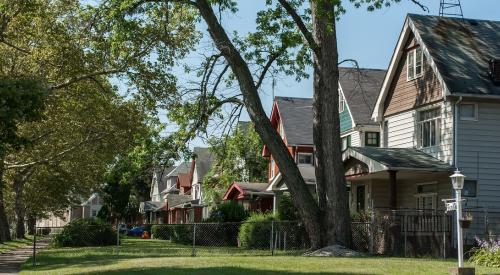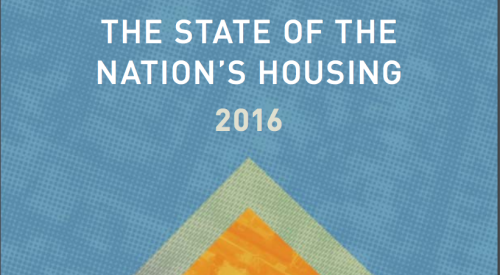Thanks to a continued lack of supply, home prices are continuing their climb toward unaffordability in a vast majority of U.S. cities.
To be more specific, single-family home prices increased in 87 percent of metro areas across the U.S. in the first quarter of 2016, MarketWatch reports. That is up six percent from the 81 percent record in the first three months of 2015. For previously owned single-family homes, the median price climbed 6.3 percent as compared to a year ago to $217,000.
And in case you thought demand might be starting to pump the brakes and slow a bit, think again. Existing home sales were at a 5.29 million annual pace in the first quarter, an increase of 4.8 percent compared to one year ago. Depending on when a person purchased a home, the current housing market climate could be affecting them in one of two ways.
For anyone who purchased a home right after the previous downtown, the rising home prices have given them a good boost in equity and household wealth. But for anyone who was unable, or possibly unwilling to jump right back into owning a home, the same cannot be said. Renters, thanks to large rent increases and stagnant wages, are finding it nearly impossible in some cases to enter the market. This is leading to rising wealth inequality, something that can be seen by looking at the most expensive U.S. metro areas and the least expensive areas.
San Jose-Sunnyvale-Santa Clara, Calif., is the most expensive metro area in the U.S. with a median home value of $970,000 in the first quarter of 2016. The least expensive metro area is Cumberland. Md.-W.Va., with a median home price of $67,400.
Currently, with a 20 percent down payment, only 14 metro areas had prices that would require an income greater than the U.S. national median of $68,431. However, that is a little deceiving, as very few people are able to put 20 percent down. The new median for a down payment is five percent. With five percent down, the number of metros that would be out of reach for a family making the U.S. median jumps to 19.












